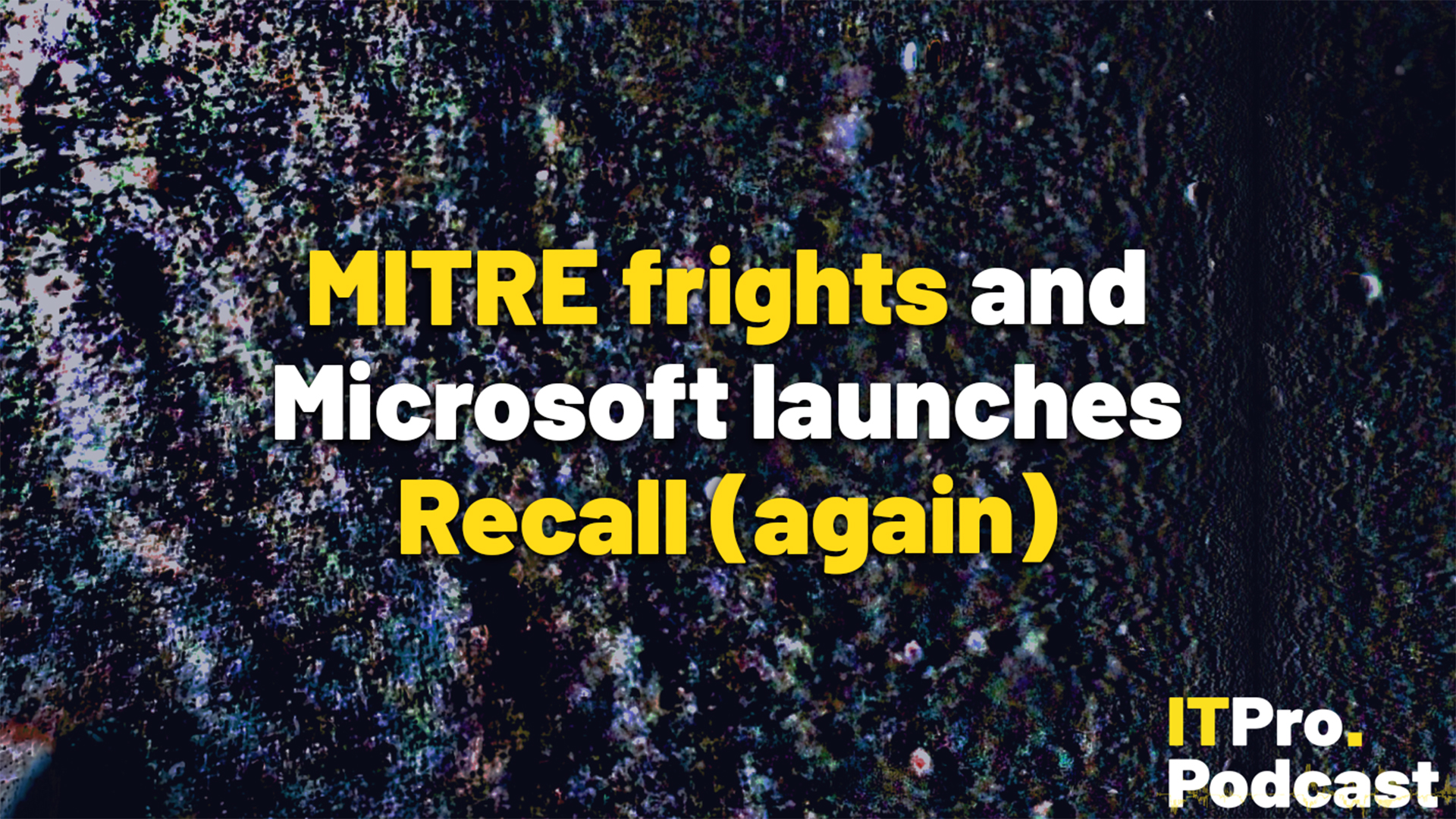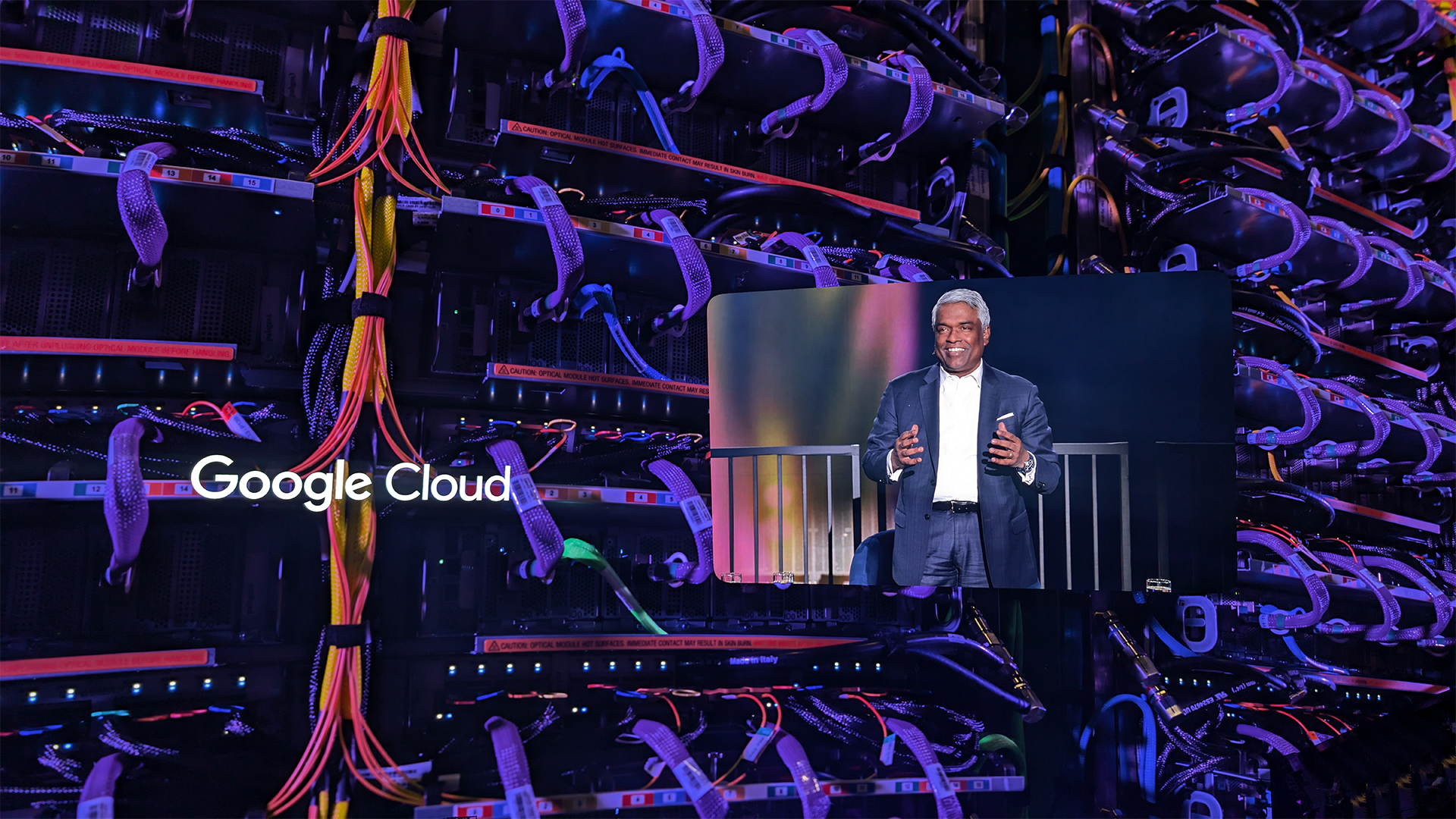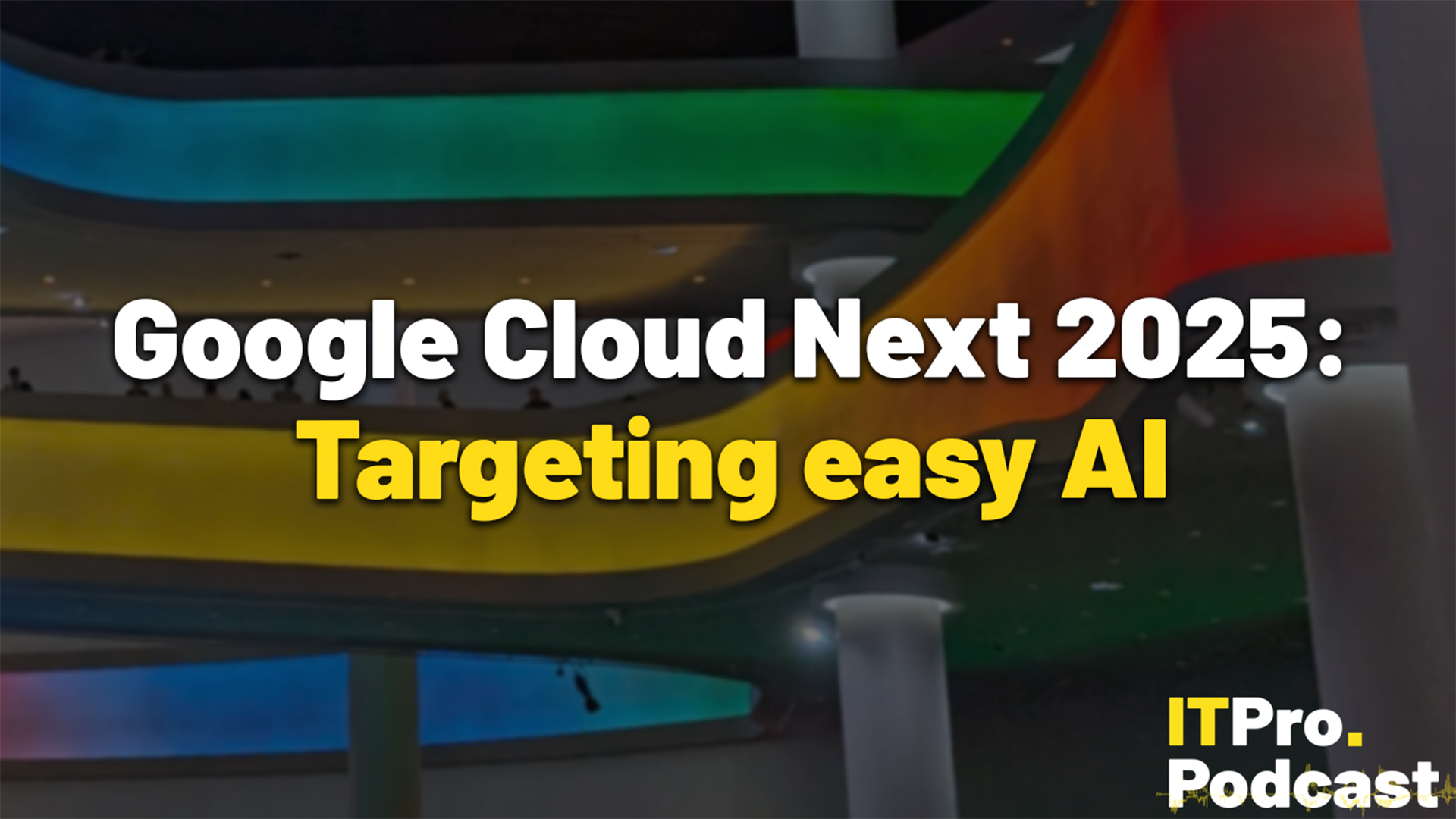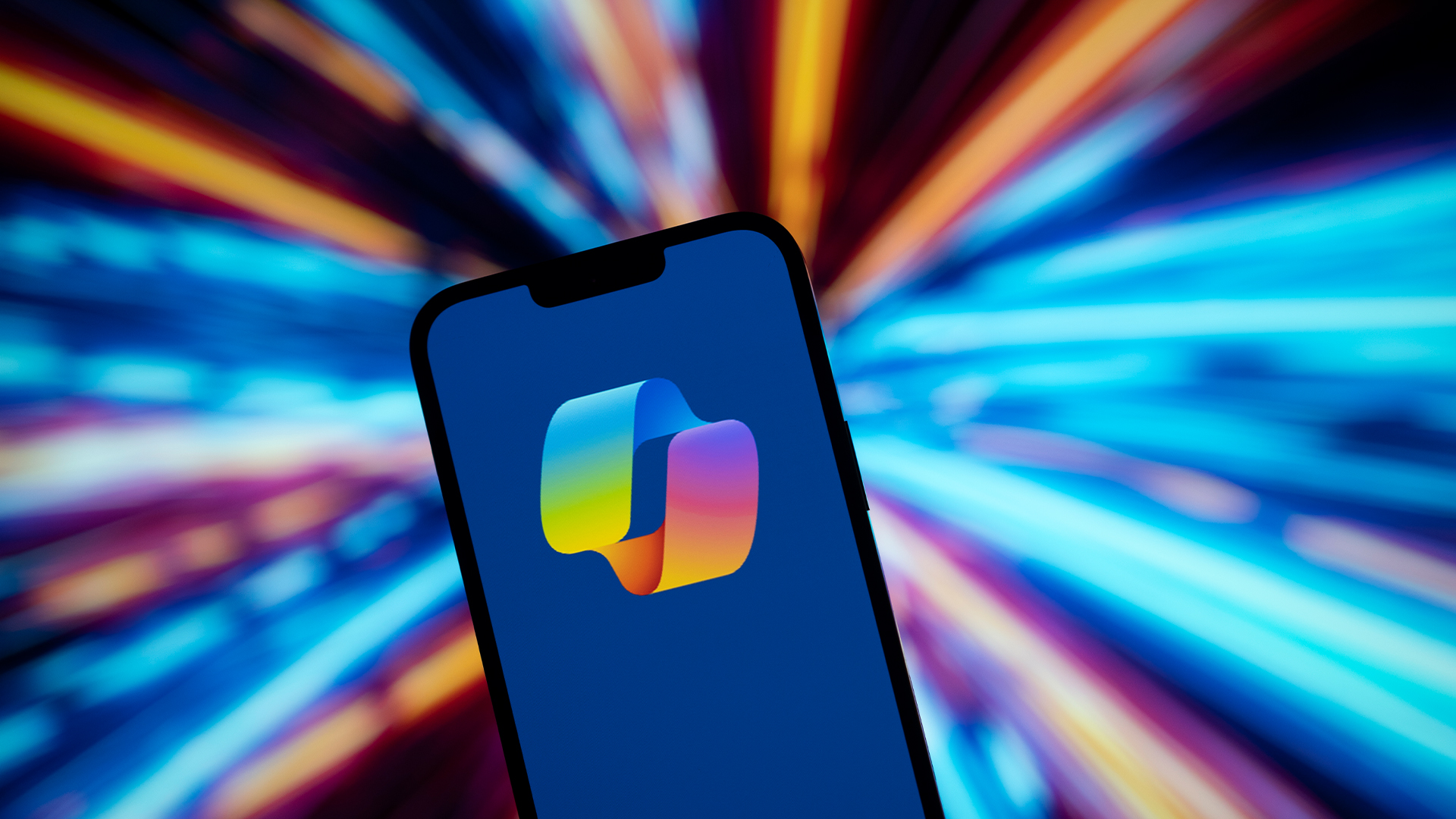ChatGPT could be facing some serious competition: Amazon is reportedly working on a new AI tool, ‘Metis’, to challenge the chatbot’s dominance
Amazon could be preparing to mount a serious challenge on ChatGPT’s dominance with the launch of a new chatbot service


Amazon is reportedly working on development of a new AI tool aimed at directly competing with ChatGPT as the tech giant looks to compete with the popular chatbot.
According to reports from Business Insider, the internal project, codenamed ‘Metis’, is designed to be accessible for users via web browser.
Metis will work in a similar fashion to ChatGPT, providing users text and image-based answers in response to user queries. The chatbot will also reportedly provide links within answers to give users access to source materials used when generating a response, and even suggest follow-up queries.
Sources told the publication the chatbot will be powered by Amazon’s internal AI model, dubbed ‘Olympus’, which is also believed to be in development. Reports on Olympus emerged late last year, but as of yet no concrete details have been teased by the firm.
Development of the chatbot is being led by Amazon’s artificial general intelligence (AGI) team, which is also working on the Olympus model, and the launch of the service could come in September to coincide with Amazon’s Alexa event.
Amazon eyes RAG capabilities with Metis chatbot launch
A key differentiator for Metis, sources suggested, is that retrieval augmented generation (RAG) will play a big role in optimizing how the chatbot produces responses.
RAG has become the latest industry buzzword amidst a flurry of AI activity over the last 18 months. This allows AI models to draw upon larger knowledge repositories such as organization-specific information, alongside user input, to inform their responses.
Get the ITPro daily newsletter
Sign up today and you will receive a free copy of our Future Focus 2025 report - the leading guidance on AI, cybersecurity and other IT challenges as per 700+ senior executives
All told, this provides more relevant results for user queries. Metis will be no different, and will be able to source information beyond the original data used to train its supporting model, thereby providing more up-to-date responses.
Sources close to the matter told Business Insider the chatbot will be able to share the latest stock prices in real-time, for example.
RELATED WHITEPAPER

Amazon plans appear to also point toward Metis acting as an ‘AI agent’. These custom chatbots essentially automate and perform tasks on behalf of the user, and are built using existing, internal data. Sources told BI that some use-cases included booking flights, or turning on lights, pointing toward close integration with Alexa.
Alongside RAG, AI agents have emerged as a major enterprise focus so far in 2024.
Google Cloud launched its own AI Agents service for Vertex AI at Google Cloud Next 2024. Microsoft-backed OpenAI also launched its marketplace for AI agents which allows users to create custom GPTs in a move earlier this year.
Amazon is entering a very cluttered market

Rory Bathgate is Features and Multimedia Editor at ITPro, overseeing all in-depth content and case studies. He can also be found co-hosting the ITPro Podcast with Jane McCallion, swapping a keyboard for a microphone to discuss the latest learnings with thought leaders from across the tech sector.
To compete with the likes of Microsoft and Google, Amazon faces a challenge on several fronts.
Breaking through and capturing customers in this environment will require Metis to deliver serious results. With Metis reportedly powered by Olympus, the tool carries potential to not only produce powerful outputs but also show off Amazon’s own in-house development capabilities.
That said, it’s a hard task. In the eight months since rumors about Olympus first surfaced, the AI space has moved on considerably. Gemini 1.5 Pro and GPT-4o continue to push the limits of large language models (LLMs) and unless Olympus is proven to outperform these competitors by sizable margins it could fail to catch the attention of would-be customers.
Rising capabilities of open source models like Meta’s Llama 3, which cost nothing and are already available on AWS, Azure, and Google Cloud, could also prove a hindrance here. Simple benchmark scores are no longer enough in a world where completely free models can go toe-to-toe with those made by the best AI developers.
There’s also the issue of convenience. It’s likely that as AI becomes more commonplace, businesses will choose their AI assistant that requires the least upheaval of their existing stack and as little staff retraining as possible. For example, an organization that’s already heavily invested in the Microsoft ecosystem could easily adopt Copilot versus another AI solution.
All of this said, it’s in its RAG-based approach that Metis could make the most difference. Still considered a novel technique, RAG provides assurances of accuracy that can put fears over hallucinations to bed and make AI adoption much more feasible for enterprises.
If Amazon can sell this message – ‘Metis is more reliable than the next best tool’ – it could seize the corner of the market that the company has thus far failed to make gains within.

Ross Kelly is ITPro's News & Analysis Editor, responsible for leading the brand's news output and in-depth reporting on the latest stories from across the business technology landscape. Ross was previously a Staff Writer, during which time he developed a keen interest in cyber security, business leadership, and emerging technologies.
He graduated from Edinburgh Napier University in 2016 with a BA (Hons) in Journalism, and joined ITPro in 2022 after four years working in technology conference research.
For news pitches, you can contact Ross at ross.kelly@futurenet.com, or on Twitter and LinkedIn.
-
 Westcon-Comstor unveils new managed SOC solution for Cisco partners
Westcon-Comstor unveils new managed SOC solution for Cisco partnersNews Powered by Cisco XDR, the new offering will enable partners to tap into new revenue streams, the company said
By Daniel Todd
-
 April rundown: MITRE frights and Microsoft launches Recall (again)
April rundown: MITRE frights and Microsoft launches Recall (again)ITPro Podcast As CISA delivered an eleventh-hour reprieve for the CVE database, AWS reportedly began to pause some data center leases
By Rory Bathgate
-
 Microsoft says workers should believe the hype with AI tools: Researchers found Copilot users saved three hours per week sifting through emails, gained more focus time, and completed collaborative tasks 20% faster
Microsoft says workers should believe the hype with AI tools: Researchers found Copilot users saved three hours per week sifting through emails, gained more focus time, and completed collaborative tasks 20% fasterNews Using AI tools paid dividends for some workers, but alternative research shows it could create problems for others down the line.
By Ross Kelly
-
 Third time lucky? Microsoft finally begins roll-out of controversial Recall feature
Third time lucky? Microsoft finally begins roll-out of controversial Recall featureNews The Windows Recall feature has been plagued by setbacks and backlash from security professionals
By Emma Woollacott
-
 Google Cloud is leaning on all its strengths to support enterprise AI
Google Cloud is leaning on all its strengths to support enterprise AIAnalysis Google Cloud made a big statement at its annual conference last week, staking its claim as the go-to provider for enterprise AI adoption.
By Rory Bathgate
-
 Google Cloud Next 2025: Targeting easy AI
Google Cloud Next 2025: Targeting easy AIITPro Podcast Throughout its annual event, Google Cloud has emphasized the importance of simple AI adoption for enterprises and flexibility across deployment
By Rory Bathgate
-
 OpenAI woos UK government amid consultation on AI training and copyright
OpenAI woos UK government amid consultation on AI training and copyrightNews OpenAI is fighting back against the UK government's proposals on how to handle AI training and copyright.
By Emma Woollacott
-
 DeepSeek and Anthropic have a long way to go to catch ChatGPT: OpenAI's flagship chatbot is still far and away the most popular AI tool in offices globally
DeepSeek and Anthropic have a long way to go to catch ChatGPT: OpenAI's flagship chatbot is still far and away the most popular AI tool in offices globallyNews ChatGPT remains the most popular AI tool among office workers globally, research shows, despite a rising number of competitor options available to users.
By Ross Kelly
-
 Microsoft launches new security AI agents to help overworked cyber professionals
Microsoft launches new security AI agents to help overworked cyber professionalsNews Microsoft is expanding its Security Copilot service with new AI agents to help overworked IT teams deal with surging security threats.
By Bobby Hellard
-
 ‘DIY’ agent platforms are big tech’s latest gambit to drive AI adoption
‘DIY’ agent platforms are big tech’s latest gambit to drive AI adoptionAnalysis The rise of 'DIY' agentic AI development platforms could enable big tech providers to drive AI adoption rates.
By George Fitzmaurice